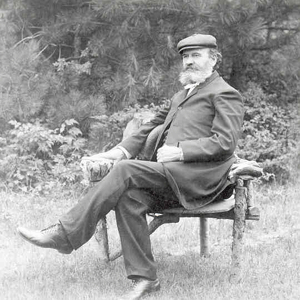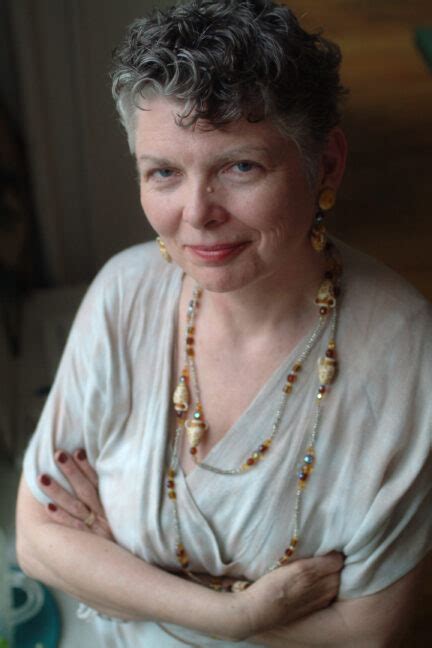A Quote by Ben Lerner
If I was a poet, I had become one because poetry, more intensely than any other practice, could not evade its anachronism and marginality and so constituted a kind of acknowledgment of my own preposterousness, admitting my bad faith in good faith, so to speak.
Related Quotes
I am sympathetic to the kind of faith that does not evangelize or raise banners but is the faith drawn on by a lone human being as a means of support or as an organizing principle or even as mere practice. It is faith that is born of humility and an understanding of one's own frailty. I can recognize it because I have met many people who exhibit this kind of faith.
It is easier for a Russian to become an Atheist, than for any other nationality in the world. And not only does a Russian 'become an Atheist,' but he actually BELIEVES IN Atheism, just as though he had found a new faith, not perceiving that he has pinned his faith to a negation. Such is our anguish of thirst!
For the sacrificed, in the hour of sacrifice, only one thing counts: faith-alone among enemies and skeptics. Faith, in spite of the humiliation which is both the necessary precondition and the consequence of faith, faith without any hope of compensation other than he can find in a faith which reality seems so thoroughly to refute.
In Buddhism, both learning and practice are extremely important, and they must go hand in hand. Without knowledge, just to rely on faith, faith, and more faith is good but not sufficient. So the intellectual part must definitely be present. At the same time, strictly intellectual development without faith and practice, is also of no use. It is necessary to combine knowledge born from study with sincere practice in our daily lives. These two must go together.
The word 'religion' is only a label. What lies behind that, the most important thing of all, is the word 'faith'. You either have faith, or you don't have faith, or you have degrees of faith - and if you have degrees of faith, then you become agnostic. You're kind of in-between, or you're on the fence.
A friend ... said, "You were healed by faith." "Oh, no," I said, "I was healed by Christ." What is the difference? There is a great difference. There came a time when even faith seemed to come between me and Jesus. I thought I should have to work up the faith, so I laboured to get the faith. At last I thought I had it; that if I put my whole weight upon it, it would hold. I said, when I thought I had got the faith, "Heal me." I was trusting in myself, in my own heart, in my own faith. I was asking the Lord to do something for me because of something in me, not because of something in Him.
I began to write poetry again in 1975, when I fell in love with another woman. I returned to poetry not because I had “become a lesbian”—but because I had returned to my own body after years of alienation. The sensual details of life are the raw materials of a poet—and with that falling-in-love I was able to return to living fully in my own fleshly self.







































